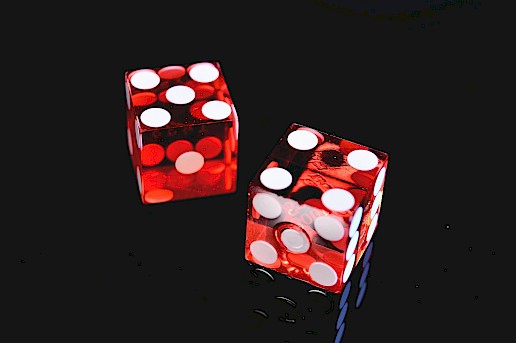What is limerence??
Is it a mental illness? Is it love addiction, OCD, do I suddenly have borderline?
Why am I acting so weird and why can't I just turn this off!!?? Okay, I'm going to try to answer this as best I can. Limerence is NOT a DSM5 (the psychiatric handbook) diagnosis, so limerence is not officially a disorder or psychiatric condition. You can see limerence as a state of being (just like being in love is a state of being) So there is a beginning and an end to it. No one is in a limerent episode from birth. The fact that it is not a diagnosis does not mean that we do not suffer from it, because we do, limerence is incredibly disruptive, it plays with our health, concentration, relationships and our behavior. Most limerents are so desperate at a point that they start seeking psychological help. The pity is that limerence is not yet (albeit increasingly) a known concept within mental health care and there is a lurking chance that we will receive diagnoses based on the characteristics during the limerent episode.
For example:
- Extreme mood swings
- Great dependence on the other
- Personality issues
- Obsessive thinking and behavior. However, what is not taken into account is that when the episode is over, the behavior is also regulated again and thus goes back to "normal" (as before the episode).
Limerence is most similar to an addiction and should be approached that way. You are addicted to another human being. The existence of this person and the interaction with that person greatly influences your hormone levels and therefore your mood. The hormones not only influence your mood, but also your thinking and acting. Its origins can be found in attachment theory. As humans we are made to bond, when that bonding does not go according to the book we can experience problems in our nervous system. That's what happens in limerence, we want to bond in a situation where it doesn't work or can't. There are obstacles. Because the obstacles make the interaction with the other unpredictable, we train our brain in an addiction: Unpredictable rewards cause repetitive behavior. This is the main ingredient of a limerent episode, the unpredictability of the interaction creates unpredictable hormonal rewards (feeling really good/dopamine) that make you repeat the behavior and seek the reward. So you are really physically addicted to interacting with the other person.
The absence of the other person causes a drop in the hormone level, after which you start looking for the other person (this can also be in fantasizing) in order to boost the hormones again so that you feel good again (for a while). And so we see the “prison” of limerence. If you want to get out of an episode, you will also have to go into rehab, removing the source of your addiction will eventually bring your hormones back into balance.
Fenna vd Berg


